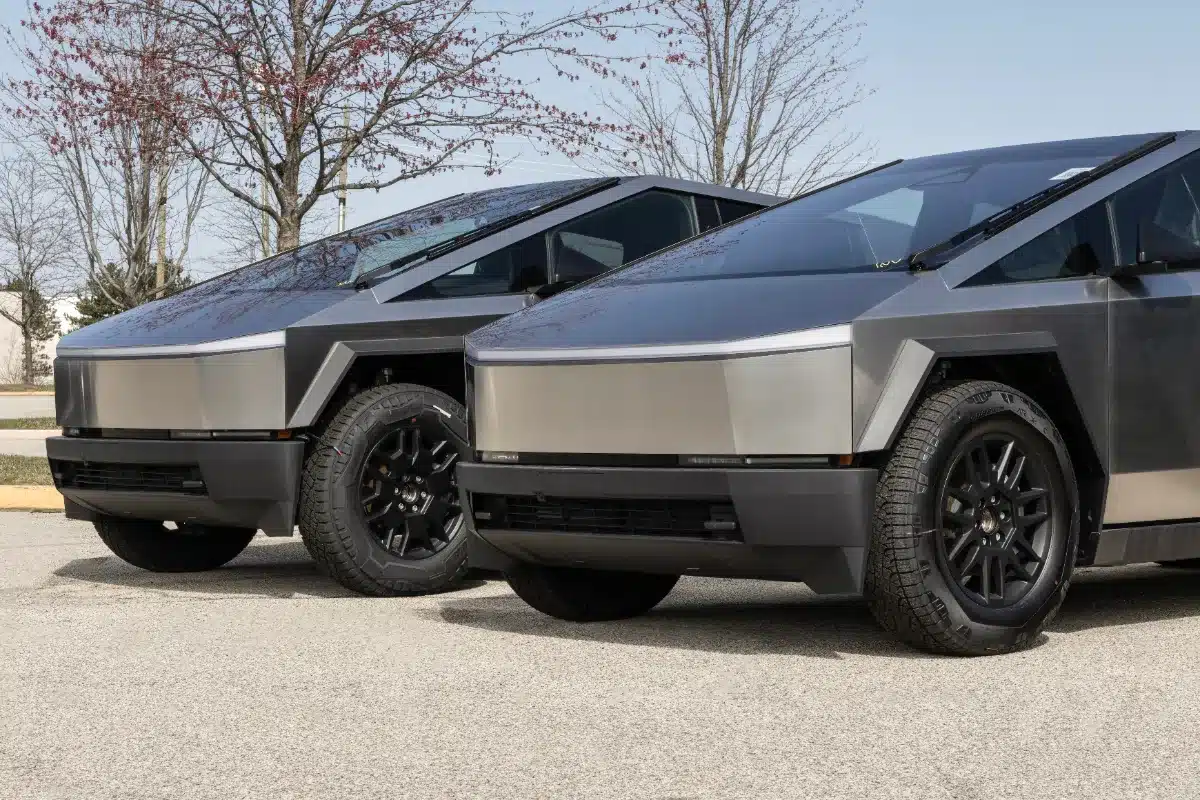Driving Towards a Greener Future: The Rise of Electric and Hydrogen Vehicles
Key Ideas
- The European Union plans to ban the sale of combustion engine cars starting in 2035, aligning with global efforts to reduce carbon emissions and combat climate change.
- Electric vehicles (EVs) are gaining popularity worldwide due to their low greenhouse gas emissions, with every major automaker now offering zero-emission models.
- Hydrogen vehicles offer another promising alternative, especially green hydrogen made with renewable energy, which could significantly reduce emissions compared to traditional engines.
- While manufacturing emissions remain a challenge for electric and hydrogen vehicles, ongoing advancements in technology and a shift towards decarbonization are improving the situation.
The European Union has made a significant commitment to sustainability by announcing a ban on the sale of combustion engine cars from 2035, marking a crucial step towards lowering carbon emissions and addressing climate change on a global scale. This decision reflects a broader movement towards cleaner transportation options, highlighting the importance of reducing our environmental footprint. Electric vehicles (EVs) have emerged as a frontrunner in the transition to greener transportation, with their widespread adoption and substantial reduction in greenhouse gas emissions compared to traditional engines. The rise of EVs signifies a notable shift in the automotive industry towards eco-friendly solutions. Furthermore, hydrogen vehicles present a promising avenue for emission reduction, particularly through the use of green hydrogen derived from renewable sources. Despite current cost challenges, green hydrogen offers a substantial decrease in emissions over the long term, showcasing its potential as a sustainable alternative. While both electric and hydrogen vehicles offer environmental benefits on the road, challenges related to manufacturing emissions persist. However, ongoing advancements in technology and a focus on decarbonization are gradually mitigating these issues. Hybrid vehicles provide an intermediate solution by combining traditional engines with electric power, resulting in a significant reduction in greenhouse gases over their lifespan. Research from the International Council on Clean Transportation emphasizes the importance of considering the entire lifecycle emissions of vehicles, highlighting the complexities of transitioning to new technologies. This era of automotive innovation underscores the promise of electric and hydrogen vehicles in reducing carbon output and reshaping the future of transportation. The ban on combustion engine cars by the EU signifies a strong commitment to fostering innovation and sustainable transportation, heralding a new era where environmental consciousness and progress are intertwined.
Topics
Utilities
Clean Energy
Technology
Innovation
Sustainability
Carbon Emissions
Automotive
Research
Environmental Policy
Latest News
